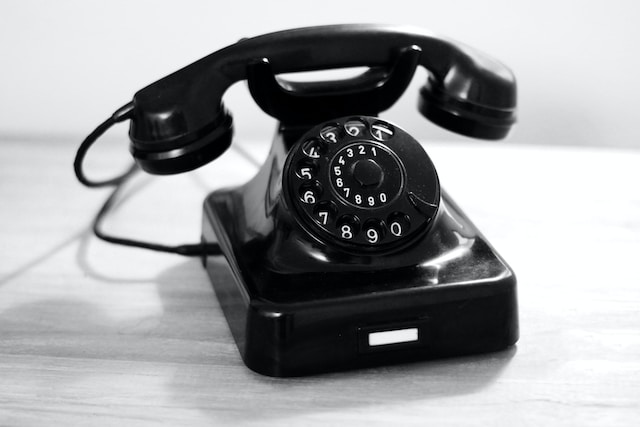
5 Key Features to Look for in an Analog Phone System for Your Hotel
Analog phone systems use traditional copper wires for voice signals. They provide good sound quality and reliability. But, digital methods have made large strides and can offer many more features for a fraction of the cost.
Reliable
Using copper wires, an analog phone system is the type of line found in most homes. They support standard phones, fax machines, and voice, data and video communications. These phones and bars are known for their reliability. They can withstand power outages and provide high-quality sound than a VoIP system. However, these landlines can’t connect to the internet, making them less flexible and more costly for businesses that need a global reach. For example, VoIP systems can route calls anywhere there is a connection, eliminating geographic barriers for businesses and their customers. They also offer more flexibility for employees who travel often or work remotely. These benefits are why digital systems have become more popular with businesses. However, many industries can still use analog phone systems to provide a cost-effective solution.
Feature-rich
To keep staff and guests connected, hotels need robust telephony functions that enable communication. Intelligent call routing efficiently connects calls to the right person at the front desk or behind the scenes.
A ring group feature lets calls to critical departments like the front desk or concierge ring on multiple phone lines until someone picks up, which is particularly useful for emergencies. A voicemail system allows hotel customers to leave messages retrieved later or displayed on the room phone. Features like call barge and takeover let managers join live customer conversations and resolve issues when necessary. Overhead paging and intercom systems allow the broadcasting of announcements for all to hear, helping to improve guest services and enhance the overall hospitality experience.
Easy to install
Most hotels use a Private Branch Exchange (PBX) system to route calls between rooms and connect to the outside phone network. Some PBX systems are hosted in the cloud, while others require physical hardware on-site. SIP trunking is an ideal option for hotel telephone systems because it lowers the cost of internal connectivity by eliminating the need to pay for multiple lines per extension. It also supports high-definition calling for a premium experience. Guests can call the front desk and set their phones to Do Not Disturb mode. Additionally, PBX systems can integrate with customer relationship management and other digital hospitality solutions for better communication and service.
Scalable
A hotel is always busy, so you need a phone system to handle heavy call volume. Look for a PBX solution with ample call capacity and bandwidth options that can scale as your business grows. Digital technology crams lots of 1s and 0s into the same space an analog signal uses, making it easier to expand your phone system without additional wires or hardware. You can even integrate the PBX with your PMS to automate guest services like front desk and wake-up calls. The hospitality industry relies on a reliable, high-quality telecommunications system to enhance guest experience and streamline connectivity among hotel teams and guests. A PBX system with a solid track record can help you stay competitive today and into the future.
Affordable
The cost of connectivity is a major consideration for hotel owners. PBX technology provides affordable, high-definition communication with your guests and staff. It also streamlines internal communication and helps you reduce costs by eliminating per-line connectivity fees. Unlike analog phones powered by traditional copper wires, PBX systems operate over your hotel’s network. That means you can avoid expensive installation fees and long-term costs per line of service. In addition to affordable connectivity, your hotel phone system can provide communication analytics and help you improve marketing strategies. For example, you can play marketing messages during customer hold times to increase revenue and upsell. You can even create a virtual conference room for up to 1,000 participants. Your hotel’s staff can monitor callers with heads-up displays easily. They can then transfer calls to available guest service representatives or park calls for easy retrieval.




